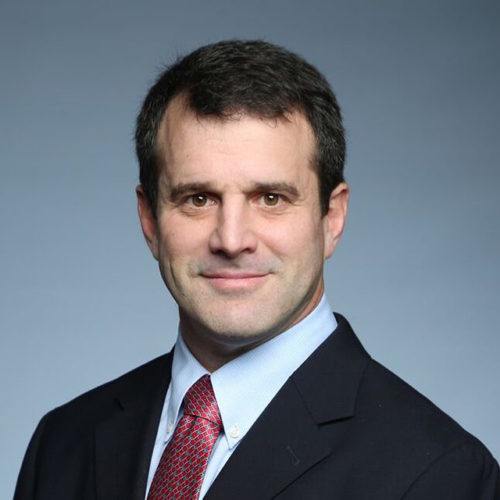In this episode, Dr. Eric Chehab, orthopedic surgeon and sports medicine specialist, explains the measures we can take to live better and maintain our physical health through exercise and the avoidance of common injuries that prove to be the downfall for many. He also provides valuable insight for those weighing their treatment options from physical therapy to surgery to stem cells.
Subscribe on: APPLE PODCASTS | RSS | GOOGLE | OVERCAST | STITCHER
We discuss:
- Favorite bands, musicians, and concerts [3:30];
- Eric’s upbringing, biggest influences, college life, and teaching overseas [12:45];
- Eric’s training, fellowship with the New York Giants, and the risk vs. reward of playing football [39:15];
- The knee joint: common injuries, knee replacements, and proper exercise [1:00:00];
- Best exercise for orthopedic health and bone density [1:10:00];
- Most common injuries: knee, hip, shoulder, elbow, ankle, foot [1:20:45];
- Physical therapy vs. surgery, and the meniscus surgery controversy [1:28:30];
- PRP, stem cells, sham surgeries, and the placebo effect [1:41:00];
- Back injuries: when does surgery make sense? [1:54:15];
- How to find the right orthopedic surgeon for you [2:01:45];
- How to cope with complications and maintain quality of life through adaptation [2:09:15];
- Dr. Bukk Teef [2:26:45]; and
- More.
Get Peter’s expertise in your inbox 100% free.
Sign up to receive An Introductory Guide to Longevity by Peter Attia, weekly longevity-focused articles, and new podcast announcements.
Would you like access to extensive show notes and references for this podcast (and more)?
Check out this post to see an example of what the substantial show notes look like. Become a member today to get access.

Eric Chehab, M.D.
Dr. Eric Chehab is a board-certified orthopedic surgeon, fellowship-trained in sports medicine. He provides general fracture care and specializes in the treatment of sports-related injuries, in particular to the knee and shoulder. Dr. Chehab provides advanced treatments for anterior cruciate ligament injuries, shoulder injuries including rotator cuff tears and shoulder instability, and soft tissue and bone trauma. A graduate of Harvard and Stanford, he completed his orthopedic surgery residency at the Hospital for Special Surgery in New York City – recognized by U.S. News and World Report as the nation’s #1 hospital for orthopedics. He completed his advanced training in sports medicine at the Hospital for Special Surgery Sports Medicine and Shoulder Service, where he apprenticed with the head team physician and the medical staff for the New York Giants. Dr. Chehab has served as a faculty member at Northwestern University, as assistant team physician for Northwestern University, team physician for Glenbrook South High School, and is currently an Assistant Clinical Professor at the University of Chicago. At NorthShore University HealthSystem – where he serves as an Attending Surgeon – Dr. Chehab was the co-recipient of the Charles S. Neer Award from the American Shoulder and Elbow Surgeons for excellence in shoulder research. An All-American rugby player in college and captain of the Harvard squad, Dr. Chehab understands the commitment required to achieve at the highest level. He feels privileged to help those in their pursuit of excellence by providing the highest level of compassionate care. [ibji.com]



